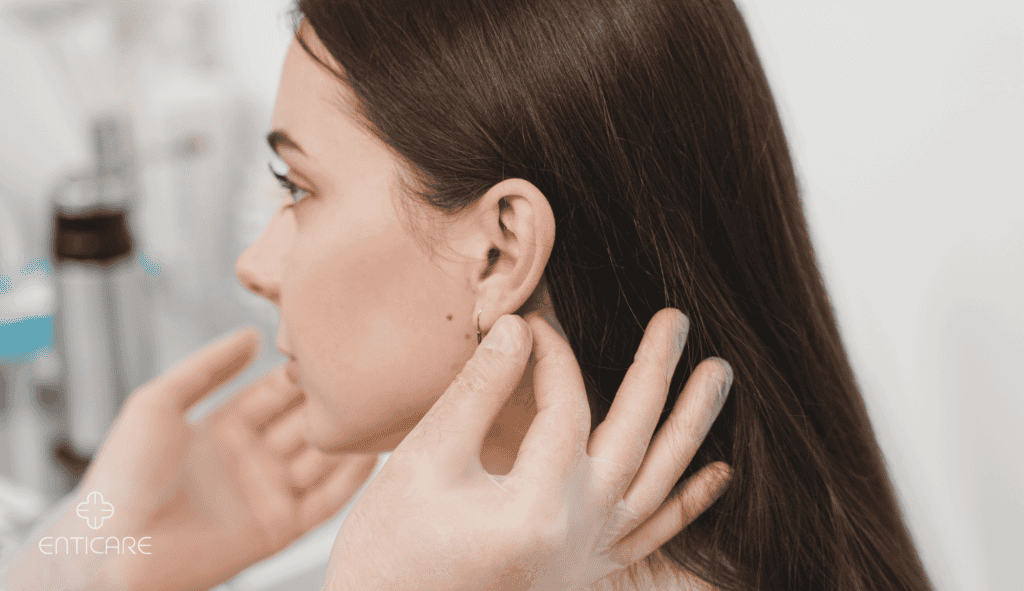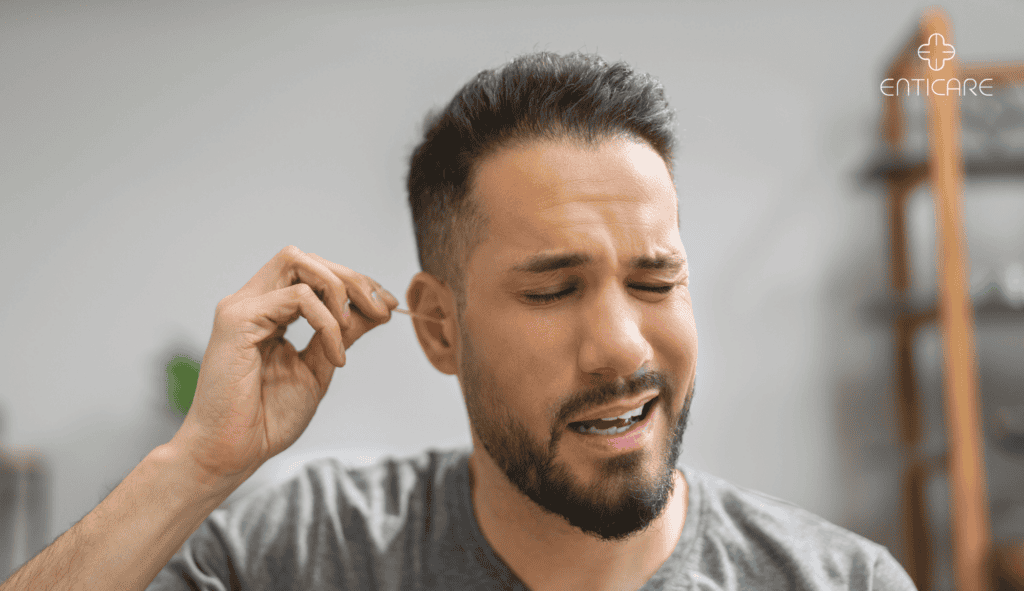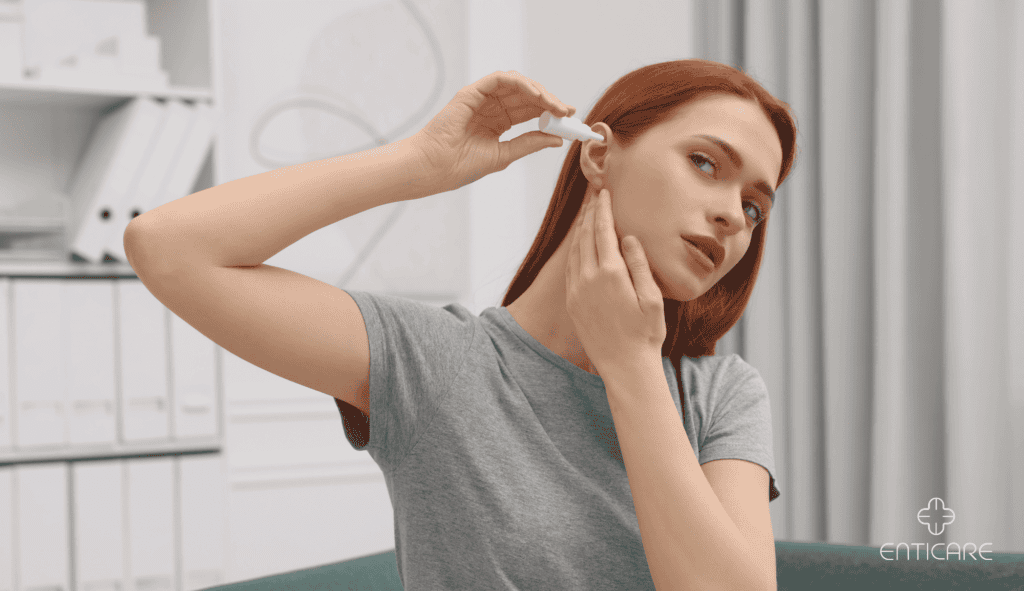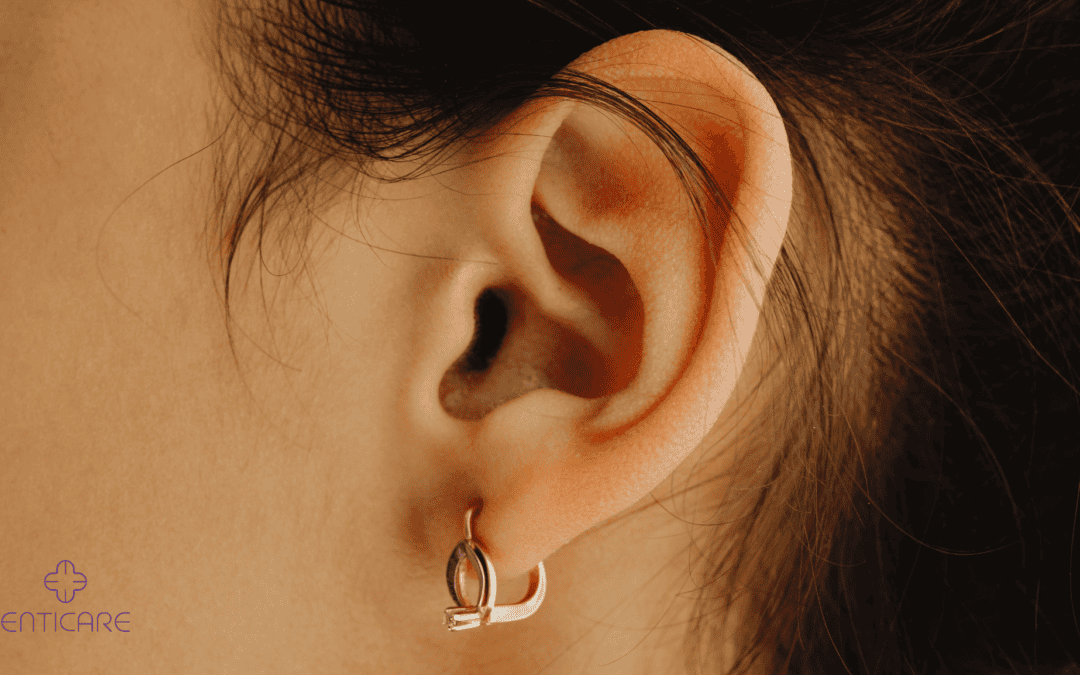Are you taking care of your hearing? Often, we take our ears for granted until something goes wrong. But with a few simple habits, you can maintain good ear health and protect your hearing for years. In this guide, we’ll discuss essential tips for better ear care so you can keep enjoying clear, vibrant sounds throughout your life. Dive into these critical ear health practices to preserve hearing and avoid common issues. Maintaining optimal ear health is crucial as it can reduce the risk of ear infections and prevent hearing loss.

Protect Your Ears from Noise Exposure
Loud sounds can permanently damage hearing. Protecting your ears from loud environments is critical to preserving ear health. Here’s how to do it.
Wear Hearing Protection in Noisy Settings
Concerts, sporting events, and work environments with loud machinery can expose your ears to damaging sound levels. Use earplugs or earmuffs to buffer sound intensity. Regularly wearing hearing protection in these places can save your hearing from future damage. Prolonged exposure to high volumes in such environments can lead to permanent hearing loss, making taking breaks and protecting your ears crucial.
Limit the Use of Personal Audio Devices
Earbuds and headphones deliver sound directly into your ears, often at volumes high enough to cause damage. Use the 60/60 rule: listen at 60% of your device’s maximum volume for no more than 60 minutes at a time. Give your ears breaks and opt for over-ear headphones, which pose less risk than in-ear options.
Prolonged exposure to high volumes can lead to severe hearing loss, significantly impacting relationships and overall quality of life and increasing the risk for other health issues like dementia.
Use a Decibel Meter
Decibel meter apps on your smartphone can measure noise levels in any environment. When sound levels exceed 85 dB, consider wearing ear protection or moving to a quieter area. This tool allows you to avoid excessive noise exposure and take control of your hearing health.

Practice Good Hygiene and Ear Care
Keeping your ears clean and free from infections prevents many joint hearing issues. Hygiene, however, requires care and precision. Preventing ear infections is crucial for maintaining optimal ear health.
Proper Ear Care
Proper ear care includes safe ear wax removal practices. Avoid using cotton swabs as they push earwax deeper into the ear canal, risking damage and hearing loss. Instead, seek professional help or use approved solutions to manage earwax buildup effectively.
Avoid Cotton Swabs in the Ear Canal
Many people use cotton swabs to clean their ears, pushing earwax deeper into the ear canal. Instead, clean the outer part of your ear with a damp cloth and let earwax exit naturally. The ear has a self-cleaning process, and interfering can increase your risk of blockages or infections.
Dry Your Ears Properly After Swimming or Showering
Excess moisture in the ear creates a perfect environment for bacteria, leading to infections such as swimmer’s ear. After swimming or showering, tilt your head to each side to let water drain. You can also gently dry your outer ear with a towel to keep your ears healthy and infection-free. If water becomes trapped in earwax buildup, it can cause otitis externa or an outer ear infection.
Avoid Ear Candling
Ear candling is widespread but has no proven benefit and may damage your ears. Studies reveal that this method does not remove wax effectively and risks burns or ear injuries. Instead, use ear drops to soften wax or consult a professional for safe wax removal.
Regularly Check Your Hearing Health
Routine hearing checks help you catch changes in your hearing early, even if you don’t have noticeable issues. Hearing aids are crucial in managing hearing loss by ensuring that any subtle changes are addressed promptly.
Get Annual Hearing Screenings
Regular screenings can detect early signs of hearing loss. These screenings assess how well you hear various frequencies and identify any changes. Annual checkups create a hearing health history, allowing you and your doctor to notice trends.
See a Specialist for Persistent Issues
See a professional if you experience pain, ringing (tinnitus), or feel pressure in your ears. A specialist can determine if earwax buildup, an infection, or other causes impact your hearing and recommend treatments to resolve the issue promptly.
Be Aware of Family Hearing Health History
Many hearing conditions, such as age-related hearing loss, have genetic components. Knowing your family history can help you gauge your risk and discuss preventative measures with your healthcare provider.

Maintain a Healthy Lifestyle for Better Hearing
Diet, exercise, and overall wellness play important roles in hearing health. Here’s how lifestyle choices impact hearing. Maintaining optimal ear health requires proactive care, including regular physical activity to enhance blood circulation to the ears and deliver essential nutrients.
Exercise and Hearing
Regular exercise is beneficial for your hearing health. It improves cardiovascular health, supporting better blood flow to the ears. Protecting the inner ear during exercise is crucial, as loud noises can cause irreversible hearing damage.
Eat a Balanced Diet Rich in Ear-Healthy Nutrients
Antioxidants, vitamins C and E, and minerals like magnesium can protect your ears from damage. To support your ear health, incorporate leafy greens, nuts, berries, and fish into your diet. These nutrients support circulation and reduce inflammation, factors that help keep hearing sharp.
Manage Stress Levels
High-stress levels contribute to tinnitus (ringing in the ears) and exacerbate other hearing problems. To lower stress and protect your hearing, engage in relaxation techniques such as meditation, yoga, or even regular deep-breathing exercises.
Exercise Regularly
Exercise boosts circulation, nourishing your ears’ delicate cells with oxygen and nutrients. Regular cardio, such as walking, swimming, or cycling, can promote better ear health by keeping your blood flowing efficiently.
Know the Warning Signs of Hearing Loss
Recognizing early signs of hearing issues helps you take immediate steps to prevent further loss. Be aware of these symptoms. Avoid using sharp or pointed objects, like cotton swabs, to dry your ears, as they can cause irritation or damage to the ear canal.
Trouble Hearing in Noisy Environments
Difficulty hearing conversations in crowded spaces could indicate hearing loss. This symptom usually appears first, as background noise overwhelms the sounds you want to hear. If you notice this regularly, consider getting a hearing check.
Frequently Asking People to Repeat Themselves
If you ask others to repeat words often, this may signal early hearing impairment. Regularly straining to hear conversations isn’t normal and merits a professional evaluation.
Experiencing Ringing or Buzzing in the Ears
Ringing, buzzing, or other unusual sounds in your ears, known as tinnitus, might indicate hearing damage. While mild tinnitus is common, prolonged or loud tinnitus suggests that your ears need a break or possibly professional attention.
Take Action for Your Hearing Health
Caring for your ears can lead to a lifetime of better hearing. Avoid loud noises, practice good hygiene, check your hearing health regularly, and adopt a healthy lifestyle to protect your ears. Following these steps creates a sound future for your hearing health. Maintaining optimal ear health requires proactive care, including regular physical activity to enhance blood circulation and deliver essential nutrients to the ears.
Ready to take the next step in preserving your hearing? Schedule an appointment today with a specialist to discuss your hearing health and receive professional guidance tailored to your needs. Don’t wait—start protecting your ears now for a lifetime of clear, vibrant sounds.

